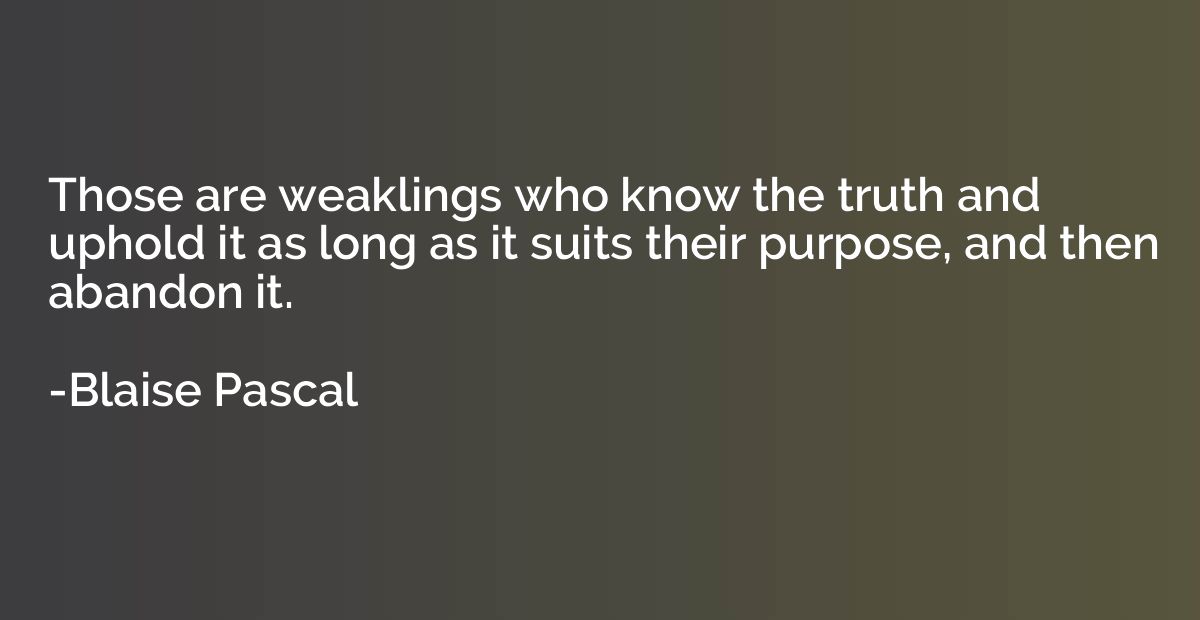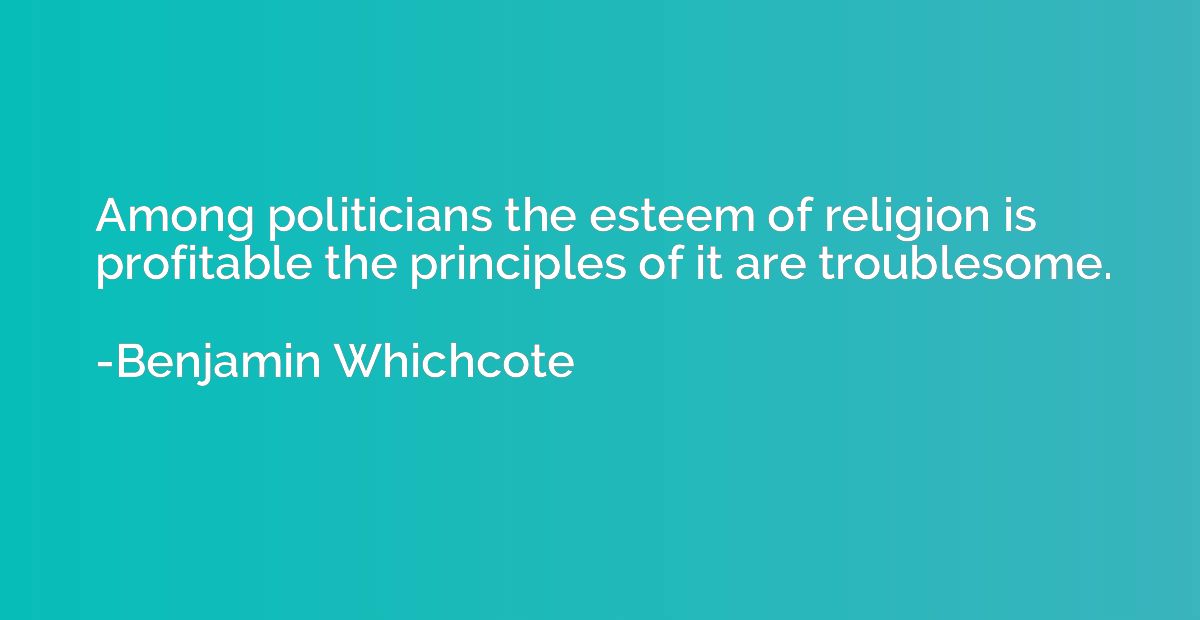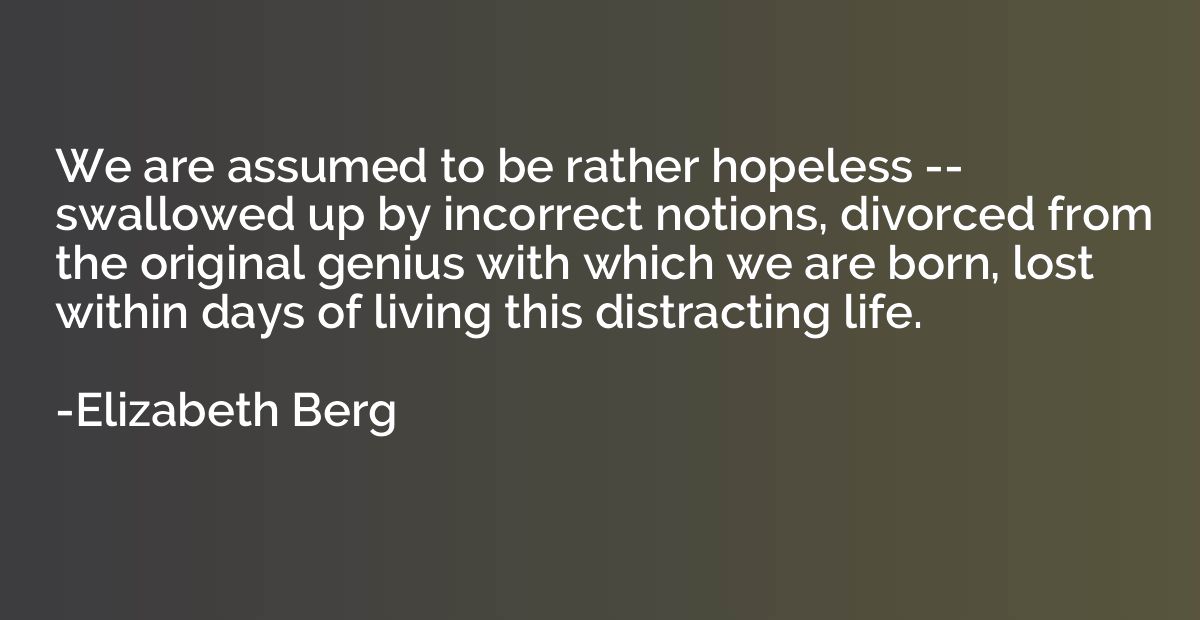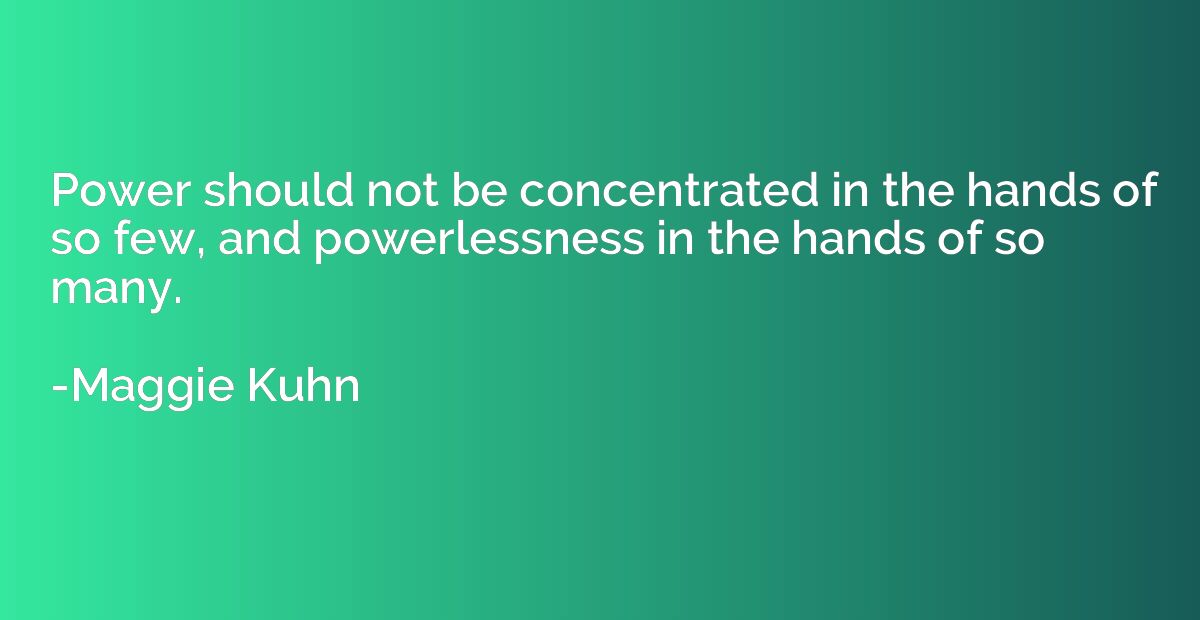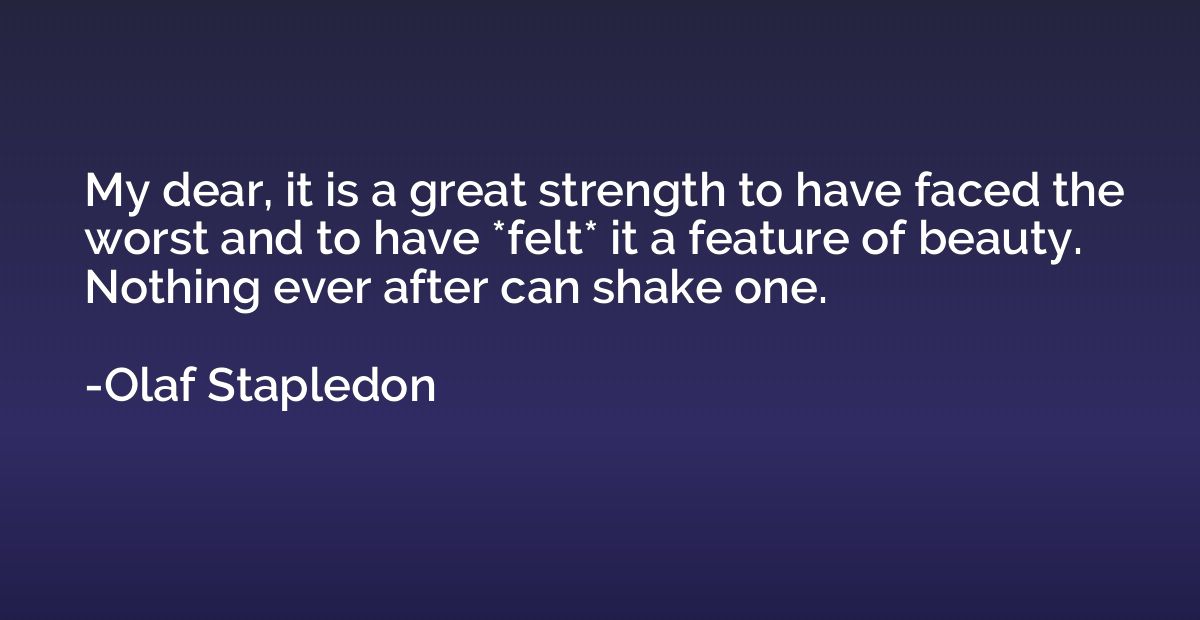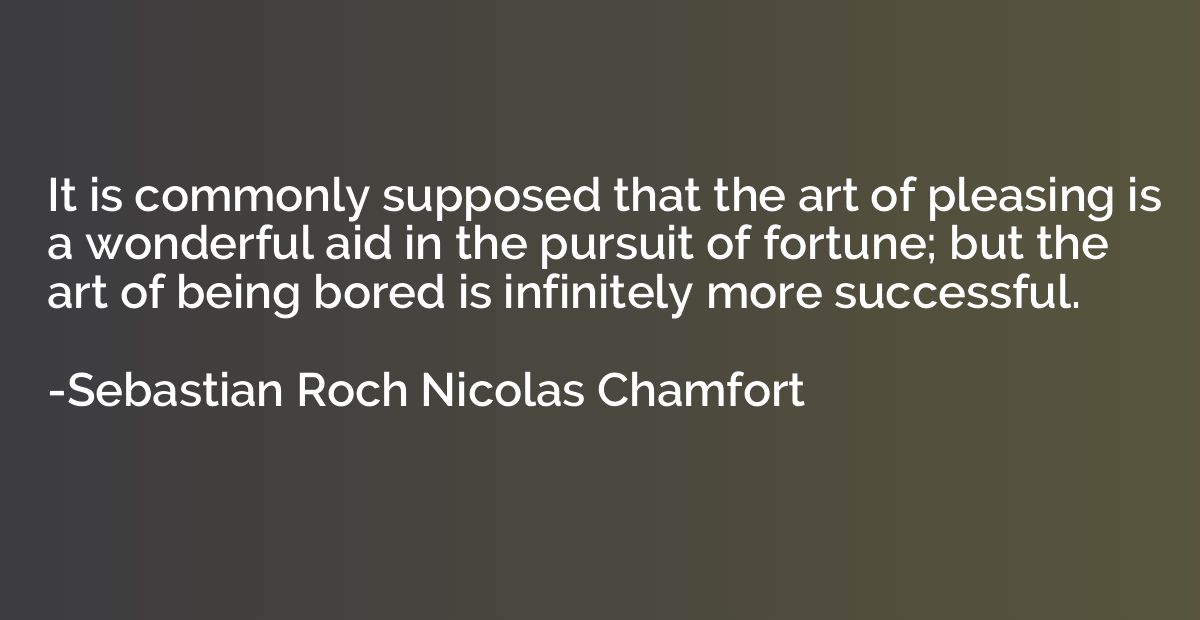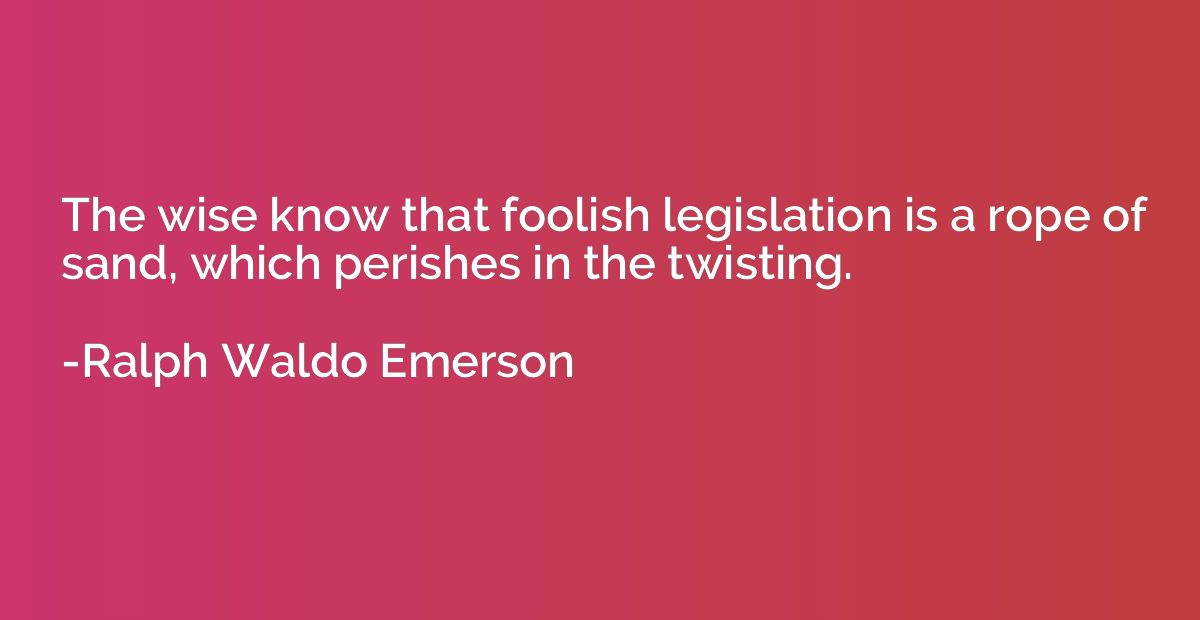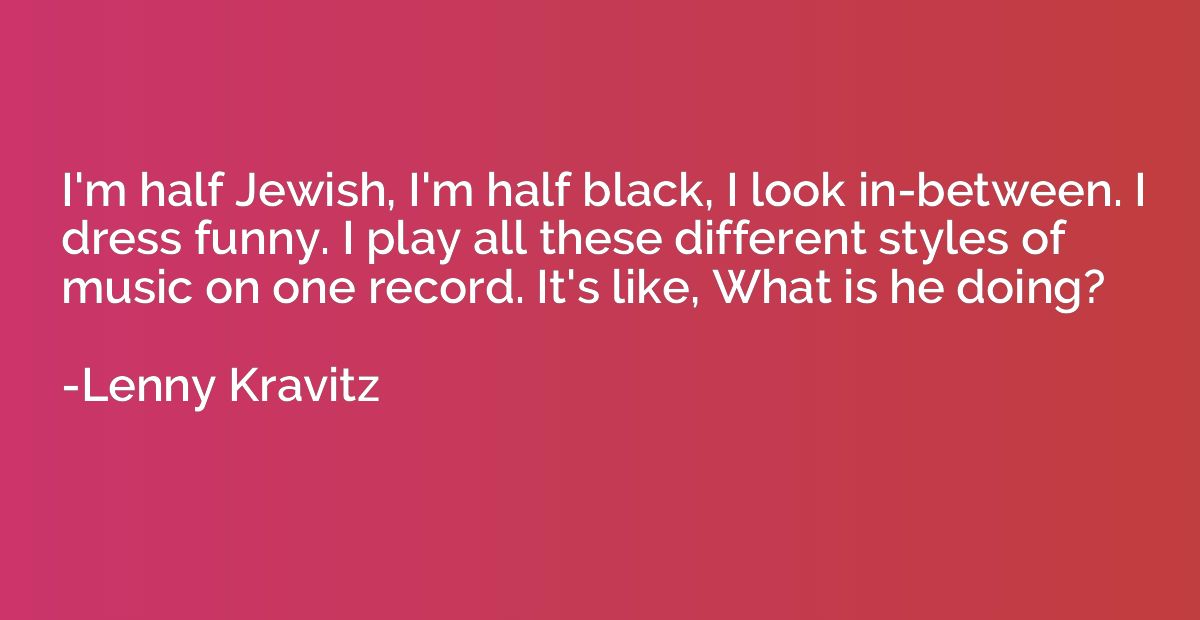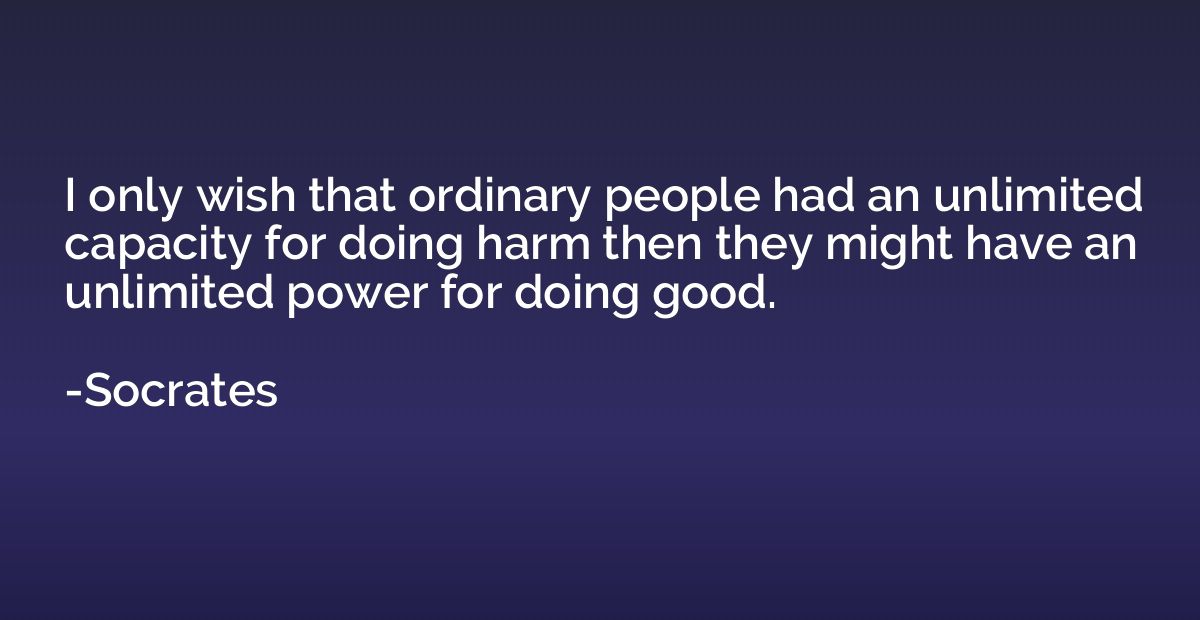Quote by Ray Bradbury, In the coda to a 1
The point is obvious. There is more than one way to burn a book. And the world is full of people running about with lit matches. Every minority, be it Baptist/Unitarian, Irish/Italian/Octogenarian/Zen Buddhist, Zionist/Seventhday Adventist, Women's Lib/Republican, Mattachine/Four Square Gospel feels it has the will, the right, the duty to douse the kerosene, light the fuse. Every dimwit editor whosees himself as the source of all dreary blanc-mange plain porridge unleavened literature, licks his guillotine and eyes the neck of any author who dares to speak above a whisper or write above a nursery rhyme.http://www.rjgeib.com/thoughts/451/451.html
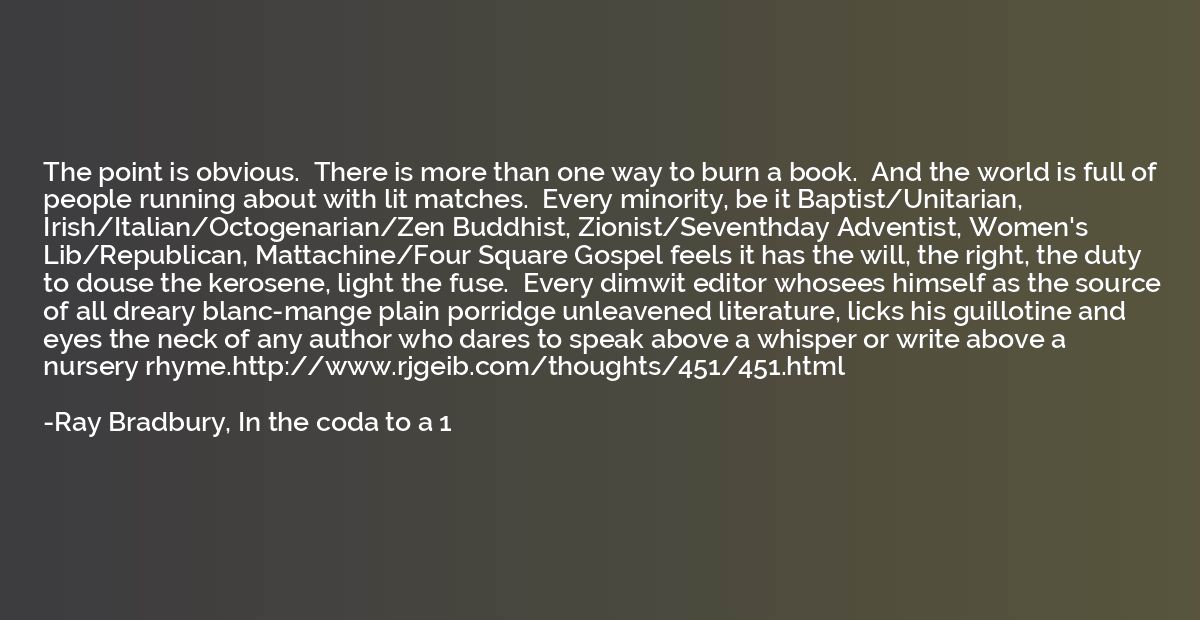
Summary
This quote by Ray Bradbury emphasizes the importance of freedom of expression and the dangers of censorship. Bradbury suggests that book burning, a symbol of censorship, can take various forms in society. He highlights that different groups or individuals may attempt to suppress ideas or perspectives that challenge their own beliefs or values. The quote conveys the idea that anyone who seeks to control or limit creativity and intellectual freedom contributes to the destruction of diverse and meaningful literature, ultimately hindering the progression of society.




